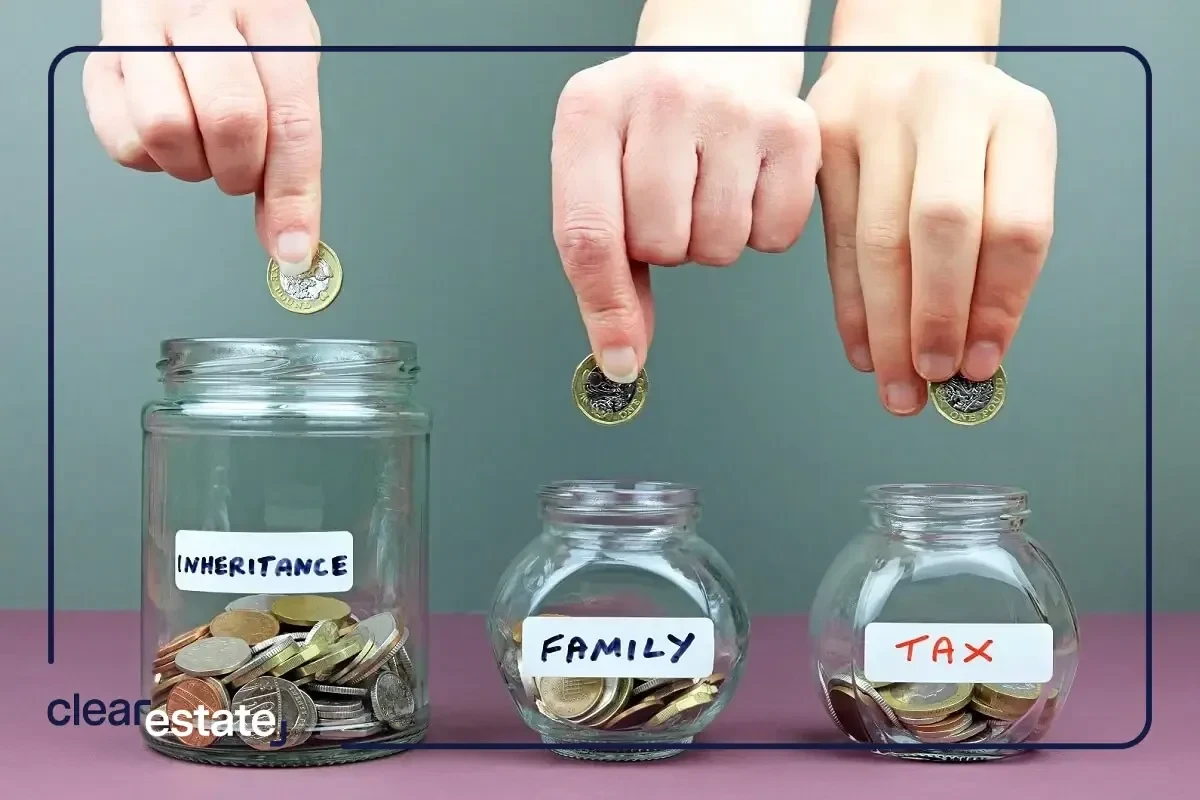Beneficiaries Knowledge
Mar 25, 2022
Is there an inheritance tax in Texas?
While there may not be an inheritance tax in Texas, your estate may be subject to the federal estate tax...read on to find out more.


Talking about inheritances is a pretty charged issue. Usually, when we think of inheritances we think of someone we love having passed—a parent, an aunt or an uncle, or a grandparent. That’s a painful and difficult process. However, as unpleasant as it may be, here’s the reality: About 3 million deaths a year occur in North America, meaning that 3 million estates are created and need to be settled. The average estate value is about $180,000. That’s a lot of money that’s being transferred down to the next generation. Those who are set to inherit need to start thinking really carefully about what to do with that kind of money. Here’s what we have to say:
We regularly share relevant information about wills and estates.
Beneficiaries often underestimate how long it will take to receive an inheritance, which is often cited as a source of frustration and conflict by executors and beneficiaries alike. After all, an inheritance is a rare event in one’s life.
Distributing the inheritance is one of the last (albeit most important) duties of the executor. It comes after applying for probate, settling the debts of the estate and paying off the taxes. The whole process usually takes 18 months depending on local courthouses’ ability to process the probate application rapidly.
With that in mind, our first recommendation is to be aware of it and to educate yourself and carefully consider how you will use this inheritance to better your life. After all, that’s what your loved one would have wished for you and is the best way to honor their memory.
The second advice we’ll give is probably the most common, and for good reason: It usually applies to any large chunks of money that have come your way. Whether it’s a bonus, an inheritance, a settlement, or a wad of $100 bills found on the street: The unsexy answer is to pay off your debt, especially high-interest debt like credit card debt.
Keep in mind that not all debt is created equal: Credit card debt and high-interest loans are some of the worst kinds of debt you can have, simply because of the incredibly high interest rates that will keep snowballing if you don’t manage to pay the full balance owed every month. High-interest debt is a vicious cycle, and you should use your inheritance money to break it ASAP. Other debt like mortgages can help you build equity on your home, and are less dramatic—provided that you haven’t overborrowed.
If you don’t have any immediate debt or other costs that need to be addressed, then investing at least a part of the inheritance is a smart financial move for your future and the future of your family. Now, before we go any further, do keep in mind that investing always carries a certain amount of risk to it, and that past performances of certain assets are no guarantee for the future. With that being said, the best way to mitigate that risk is to avoid putting all of your eggs in one basket. Look for a portfolio with low-cost ETFs and mutual funds that’s spread out across various industries and companies, and plan on letting your investments grow for a minimum of ten years, if not longer, in order to truly benefit from the market’s return rate.
Another tip: Look into investing in tax-advantaged accounts like RRSPs and TFSAs in Canada or IRAs in the United States in order to maximize your investments even further.
If you have children who you’re hoping to send off to university or a higher learning institution, setting some money aside in a savings account with decent return rates is a good move. You’ll need this money soon-ish, so it’s probably not a good candidate for an investment account, but a high-interest savings account eliminates risk and still allows you to benefit from modest returns. By the time your kids reach college age, you’ll be ready to help them out financially.
If you’ve been dreaming of home ownership, then an inheritance may be just the thing to help you achieve it. While several banks offer low down payment insured mortgages, we recommend aiming for a down payment that covers about 20% of the home’s price. An inheritance can really give families the push they need in order to cover that down payment.
Canada and the United States do not have an inheritance tax, meaning that any money you inherit is not subject to tax. That’s because the estate is already liable for all outstanding taxes and expenses, and once an estate is settled, all of the taxes it owes should have already been paid with the final tax return submitted by the estate executor. As such, an inheritance is fully yours, and you can do with it what you please. Getting a lot of money at once can be overwhelming, which is why it’s so important to have a plan.
 Take the Guesswork Out of Probate
Take the Guesswork Out of Probate
Join the 100,000+ executors who have downloaded our free step-by-step blueprint to probate.
Download Now